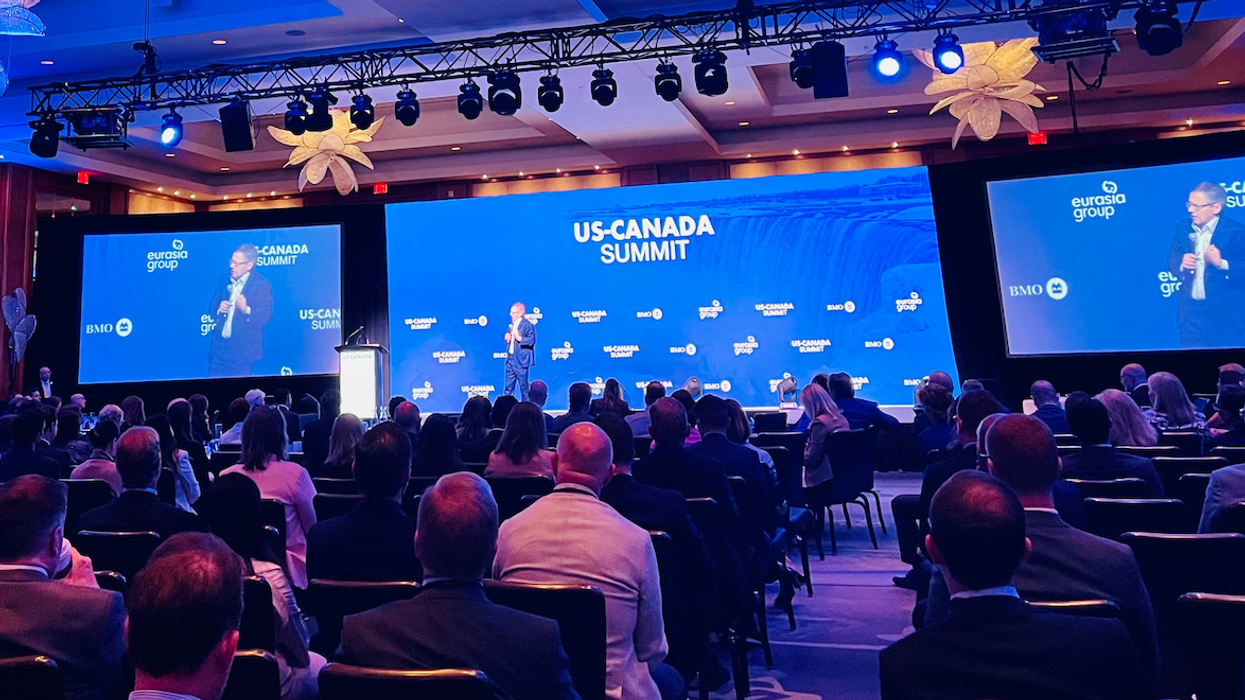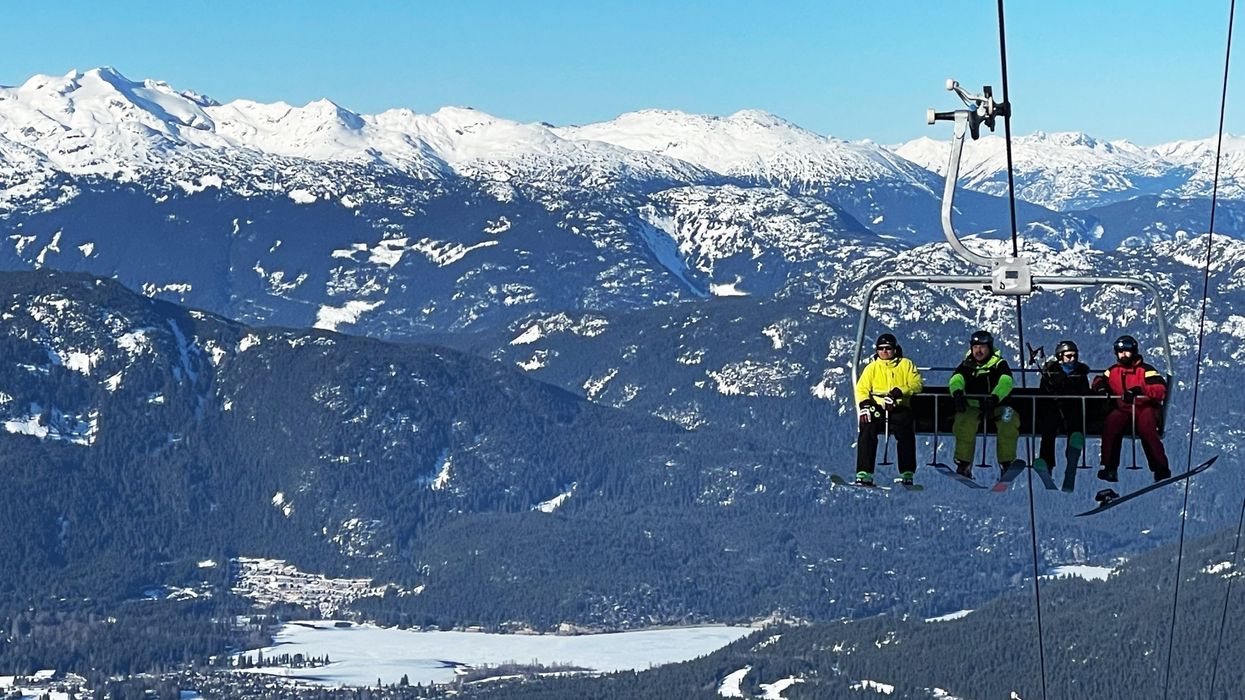Analysis
Second annual US-Canada Summit focuses on security and trade
Toronto was the place to be Tuesday for the second annual US-Canada Summit, co-hosted by Eurasia Group and BMO, where this year’s themes focused on the economy and security north and south of the 49th parallel.
Jun 12, 2024


